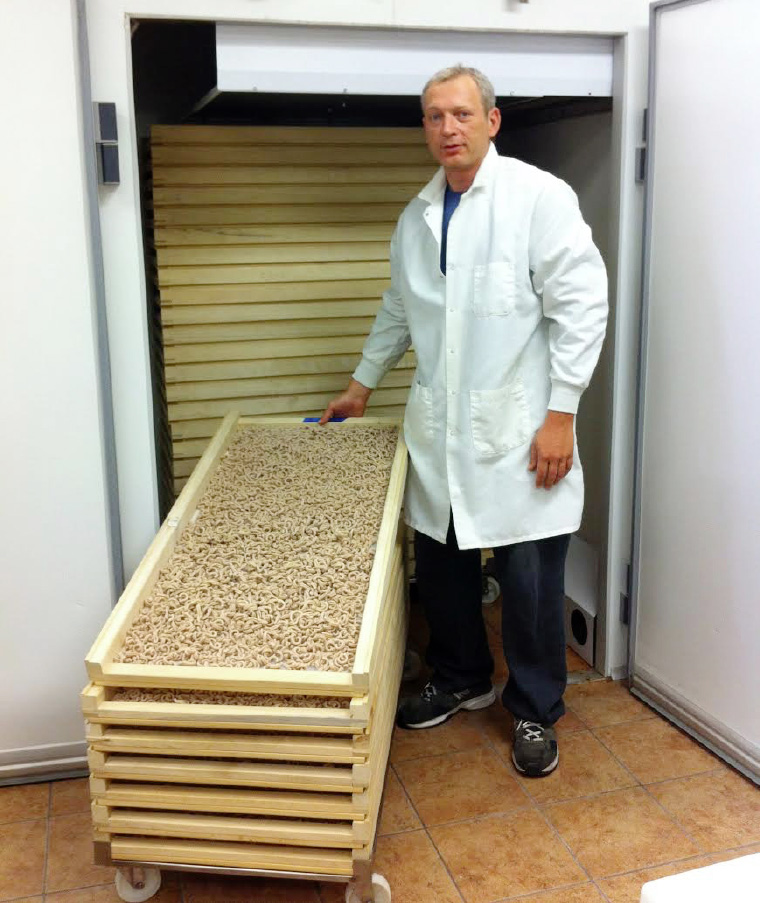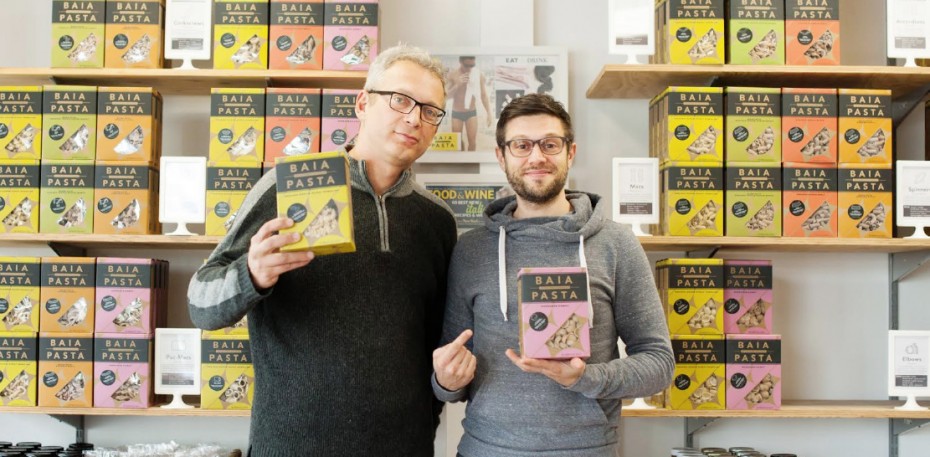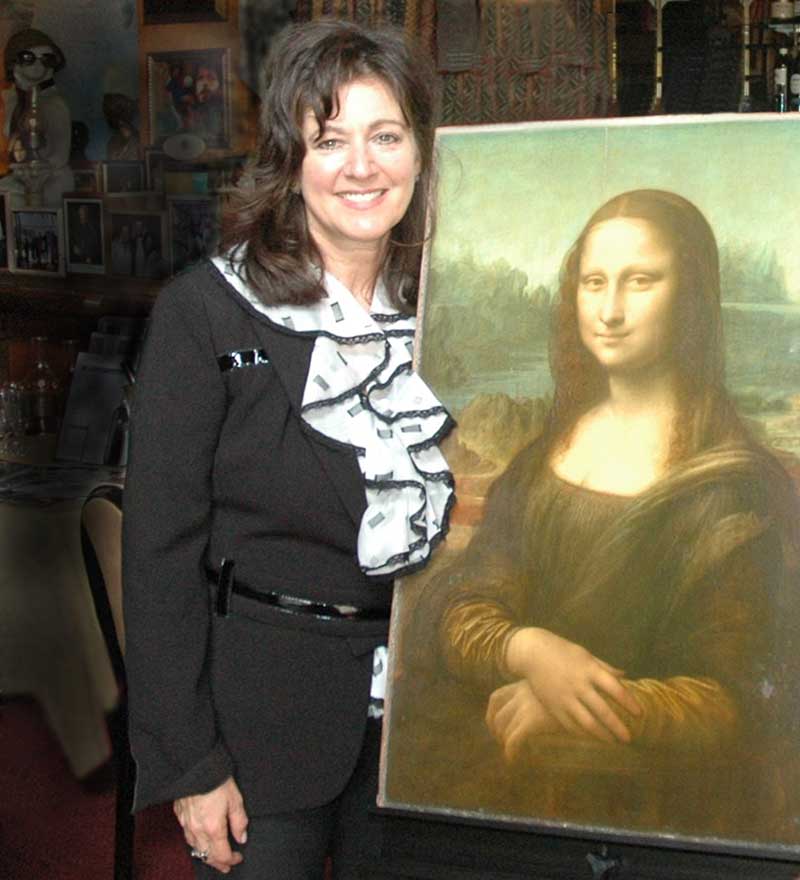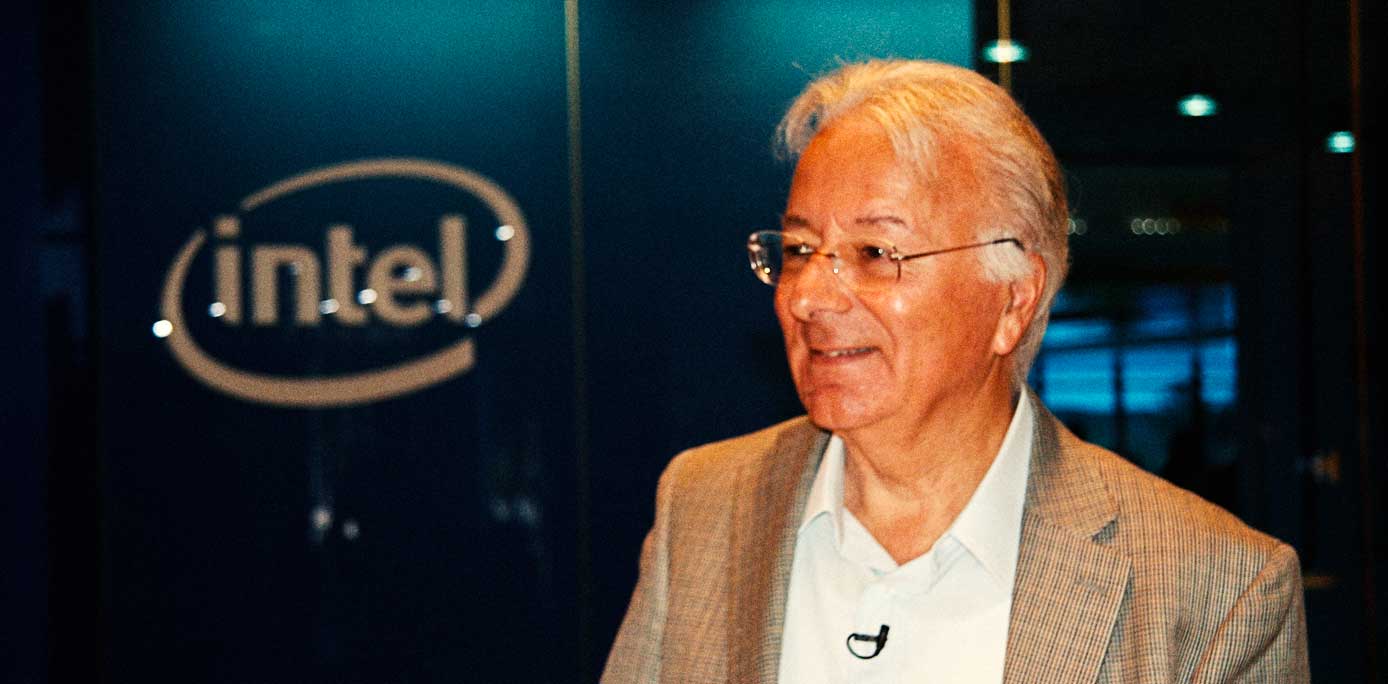The September 3rd edition of L’Italo-Americano featured an article titled “Before Ferry Plaza There Was the Italian Farmers’ Market”. It told the story of the earliest, 20th century Italian farmers’ markets in San Francisco. Here we continue the story of California’s Italian farmers and food venders of today and how they have succeeded for over 100 years.
In an interview with Seasonal Chef, farmers’ market pioneer, John Brucato, described his struggle to bring Bay Area Italian farmers fair-play by creating a “citizen’s committee” determined to change the system. The outcome was the San Francisco’s Alemany Farmers’ Market. .
Born in Sicily in 1904, Brucato and his family immigrated to the U.S. to escape the ongoing depression in Europe. As a young man, he built a foundation based on his father’s lifelong interest in gardening, studied agriculture at U.C. Davis, and eventually owned and farmed 75 acres of vineyards and orchards in Sonoma County.
John described the origin of the Alemany farmer’s market this way: “The war was going on and food was scarce…a group was formed to organize people of San Francisco to start victory gardens on a citywide basis. We had over 800 gardens in Golden Gate Park. Every park in the city had gardens. Every vacant lot was growing vegetables.”
During WW II, gas rationing made it difficult for wholesalers and consumers to make the trek up to Marin and Sonoma so the concept of bringing the farmers’ produce to San Francisco was achieved by establishing the Alemany Farmers’ Market in 1943 and which is still going strong.

Another market that continues a long-standing tradition is the Ferry Plaza Farmers’ Market, a triweekly California Certified Farmers Market operated by CUESA (Center for Urban Education about Sustainable Agriculture), at San Francisco’s Ferry Building. Since 1993, the market has served as a link between urban dwellers and local farmers. Several Italian vendors have booths along this iconic stretch of San Francisco’s Embarcadero and we will feature two of them in this article, Baia Pasta and Bariani Olive Oil.
Baia Pasta is an artisan pasta, made in Oakland, California. The owners are Renato Sardo and Dario Barbone. For eight years, Renato was the Director of Slow Food International, an organization that promotes local, sustainable food worldwide. Upon moving to California, Renato helped establish Slow Food USA and later started his own company. Renato explains: “The idea to start a dry pasta company came to me when I was walking in the pasta section of a Whole Foods market. All the brands were Italian, and I knew that the grain for the most came from North America. I decided then to produce pasta like the best artisans in Italy.”
When asked about the company’s roots, Renato replied: “Both myself and my business partner, Dario Barbone, are born and raised in Italy. We use only equipment manufactured in Italy and we follow the practices and methods used by artisans in Italy. Before starting Baia Pasta I went on a nation-wide tour of Italy visiting 20 different pasta makers in Tuscany, Liguria, Piedmont, Campania, Abruzzi and Marche, and learned their techniques. The idea is to present a dry pasta comparable to the best made in Italy with local grains.”
“We started to participate in the farmers’ market in our first year and we always wanted to do the one at the Ferry Plaza. Being there we feel we are part of this new wave of successful, high-quality food companies.” Baia Pasta plans to begin production of their own flour and will add gluten-free pasta this fall. Of course, “baia” means bay in Italian and Baia Pasta is the perfect name for one of the Bay Area’s pastas.
Bariani Olive Oil began with the Bariani family and their origins on the hills of the Oltrepo’ Pavese in the Lombardy region. After several trips to California in the 1980s it grew apparent that California had the capabilities and resources they longed for and in 1990 they made it their new home.
The olive oil company started in 1990 when the family purchased a home with four acres of olive trees on the outskirts of Sacramento. Father Angelo built the first press and crushers thanks to his lifetime experience in metal works. In 1997 they expanded their olive oil market to San Francisco following demands from customers in the Bay Area.
Today Bariani Olive Oil is found across the US, and internationally in Japan and Canada. Sebastian Bariani was the only U.S. representative invited to participate at the first international, professional olive oil tasting competition at the 2015 World Expo in Milan, Italy.
Sebastian explains the inspiration for their olive oil business: “We started producing olive oil because we saw it as a way to have a high quality fresh product that we didn’t see it available in markets at that time. The Ferry Plaza Farmers Market was the first market we participated in the Bay Area and in 1997 it was one of the few certified farmers’ markets open in the city. It provided an avenue to market our olive oil in a way that reflected what our company stood for: sustainability, freshness, quality and value.”
A New Farmer’s Market in North Beach?
According to Sri Artham of North Beach Neighbors, North Beach could be getting its own farmers market sometime later this year. Earlier this year, more than 300 people in the area responded to a survey distributed via social media and neighborhood groups.
Approximately 98 percent had a positive response to the question: “Do you believe a farmers market will improve the quality of life in North Beach.” Most respondents indicated a Sunday morning market would be preferable with a venue that would feature locally-grown, organic produce.
If this market becomes a reality, L’Italo- Americano will be certain to provide updates, photos, and detailed information.






























